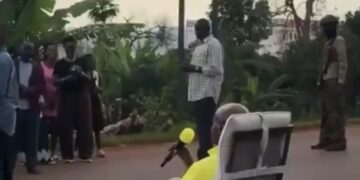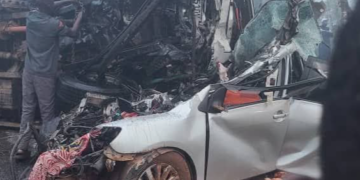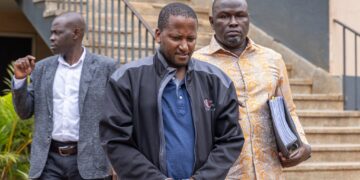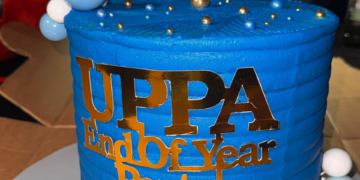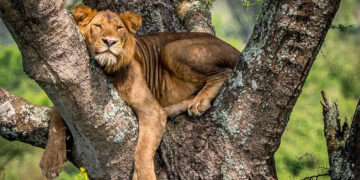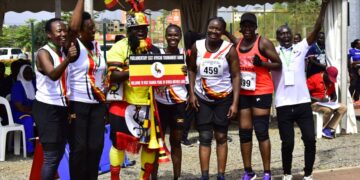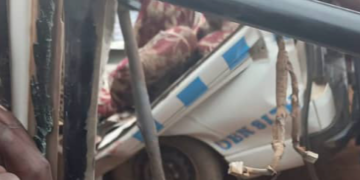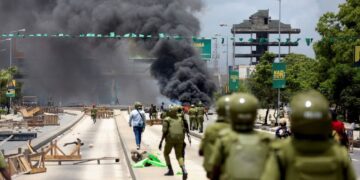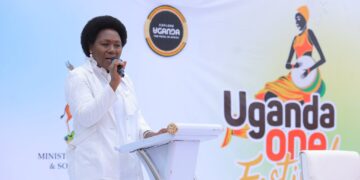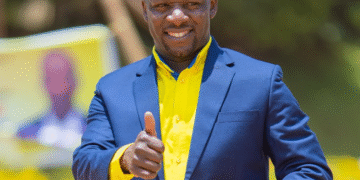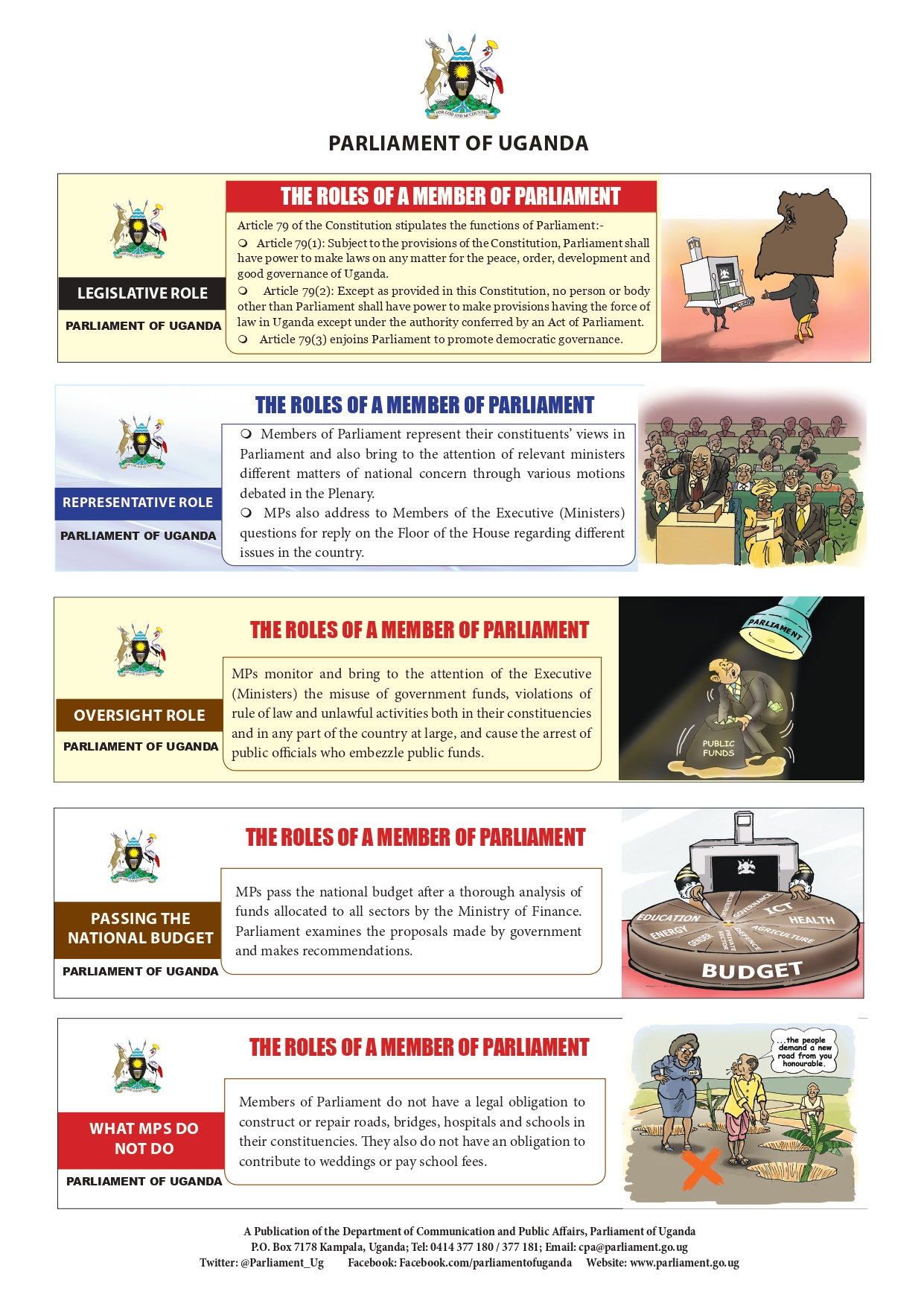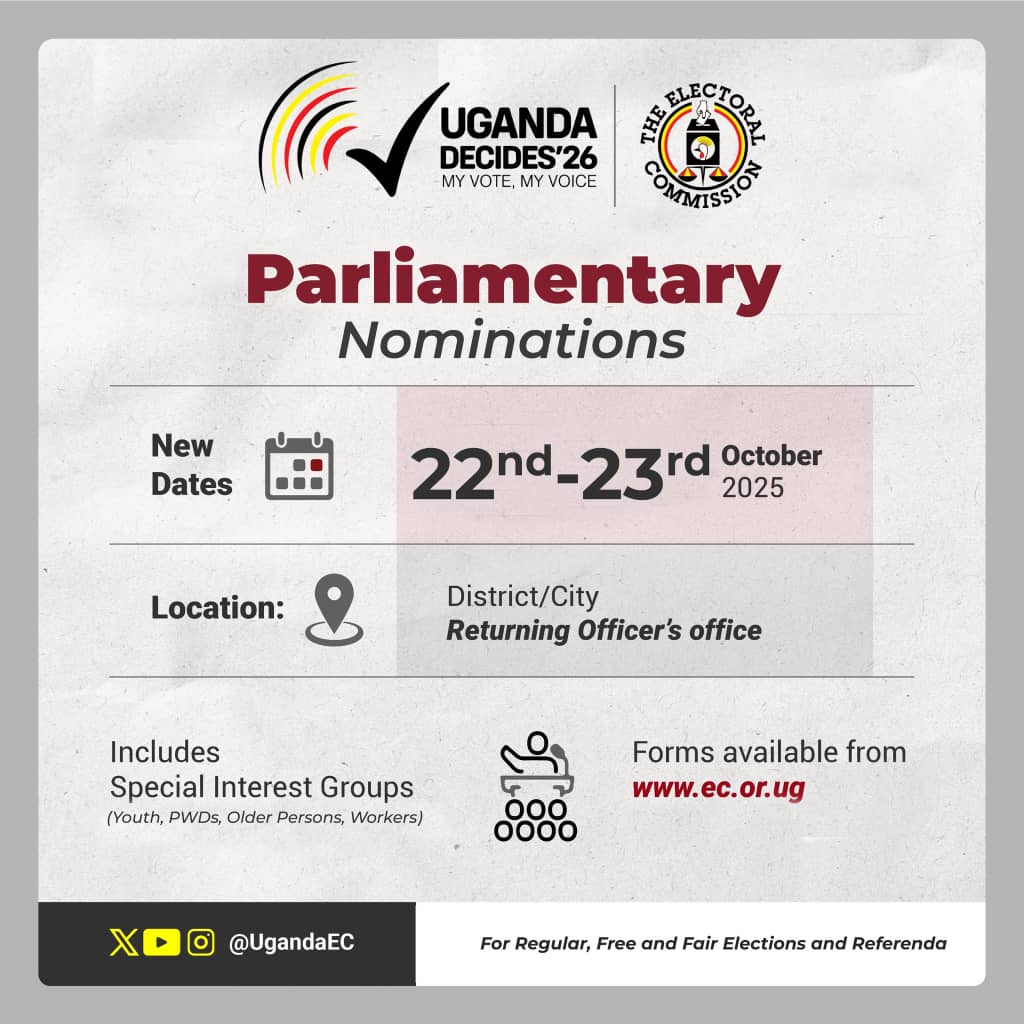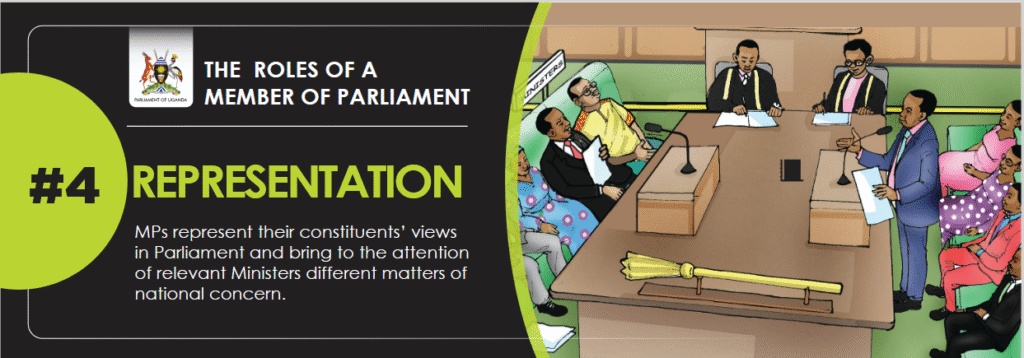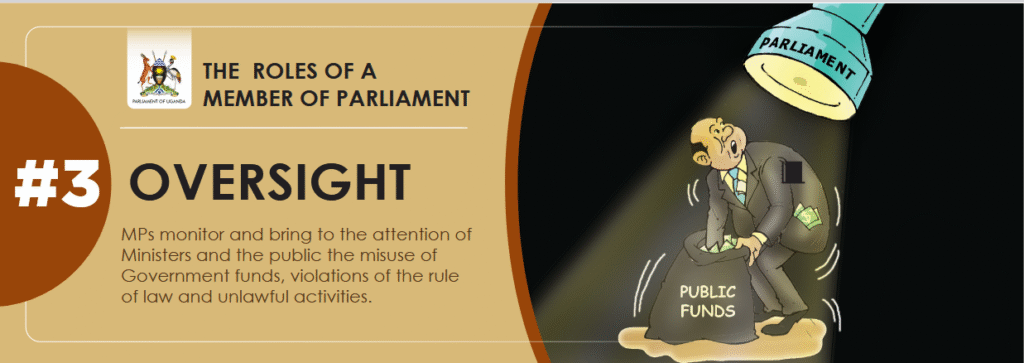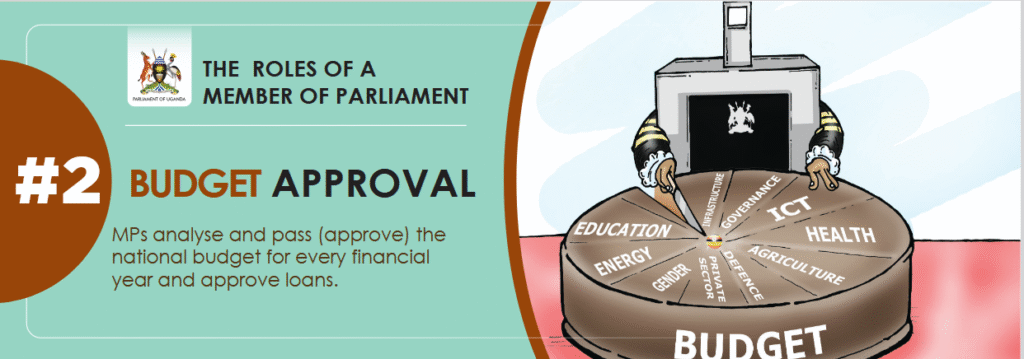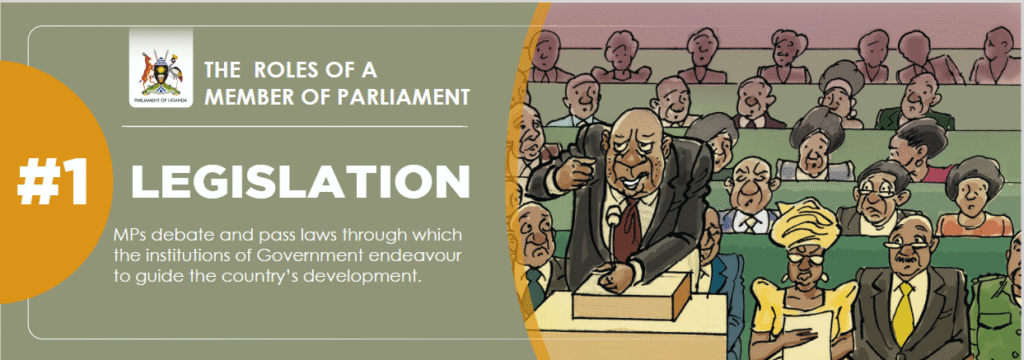On Sunday morning, the Democratic Republic of Congo army says it quashed an attempted coup against President Felix Tshisekedi in the capital Kinshasa involving Congolese and foreign fighters.
Around 50 men armed in camouflage fatigues attacked the residences of the prime minister, the defence minister, and a senior politician tipped to become speaker of parliament, according to the army.
The assailants breached the Palais de la Nation, a grand porticoed building in central Kinshasa that houses the office of President Felix Tshisekedi. Soon after, security forces moved in, killing the group’s leader, Christian Malanga, and three others. Around 40 others were also arrested according to the army.
But who was Christian Malanga?
Born on 2 January 1983 in Kinshasa, Christian Malanga Musumari was a former Congolese military officer, politician and businessman residing in the United States with his entire family.
An online biography describes him settling in the United States as a child refugee, returning to Congo to serve as an officer fighting rebels in the east, and campaigning to stoke opposition to the current Congolese political class, which he accuses of corruption and mismanagement.
He was also the leader of the United Congolese Party (UCP), a national political party which he formed after his experiences during the 2011 parliamentary elections.
On his website, Malanga (41) referred to himself as the “President of New Zaire” and head of a government in exile. The site does not mention plans to seize power by force but outlines Malanga’s vision for the country under his leadership.
During his time in the US, he owned several small businesses until 2006, when he co-founded the DR Congo non-profit Africa Helpline Society.
He was actively involved in the organisation’s initiatives, working directly with children at the on-site orphanage and contributing to its global outreach efforts. Concurrently, he also established a non-governmental organisation, Friends of America.
In June 2006, Malanga returned to DR Congo and joined military service.
By 2007, he attained the rank of captain in the Congolese military, where his responsibilities included serving as a brigade morale officer and commanding a training company with approximately 235 men under his supervision.
After concluding his military service in 2010, he shifted his attention to business by founding his own private company, Malanga Congo, which ventured into water purification and bottling, as well as domestic mining operations.
The following year, 2011, he contested in the parliamentary elections as an independent opposition candidate.
His candidacy was marred by detainment by government security forces two days before the elections, followed by more than two weeks in custody. Upon release, he established his political party – UCP, but after a year, he returned to the USA and continued to stay there.
On his website, UCP is described as “a grassroots platform that unifies the Congolese Diaspora around the world opposing the current Congolese dictatorship.”
Malanga had previously threatened on social media to overthrow Tshisekedi, and first attempted an aborted coup in 2017, according to army spokesperson Sylvain Ekenge.
Having disappeared from the radar for several years, Malanga reappeared on Sunday morning at the Palais de la Nation during an armed attack orchestrated by its elements.
During Sunday’s attack, Malanga allegedly led a group of fighters, including his son Marcel. Reports suggest that the group planned to target the residence of the new Prime Minister Judith Suminwa and Defense Minister Jean-Pierre Bemba.
Who else was involved in the foiled coup?
Congo authorities said participants in the coup attempt included foreigners and Congolese citizens. Three US citizens, including Malanga’s son, were among those detained, Ekenge said.

The army shared a video of a large group of detained alleged participants in the coup sitting on the ground as armed guards stand by.
Ekenge told the media one of the assailants was US citizen Benjamin Zalman-Polun. Local media described him as a medical marijuana entrepreneur who was also involved in mining interests with Malanga.

US court documents show a defendant with the same name pleaded guilty in 2014 to possessing or distributing at least 20kg of marijuana.















